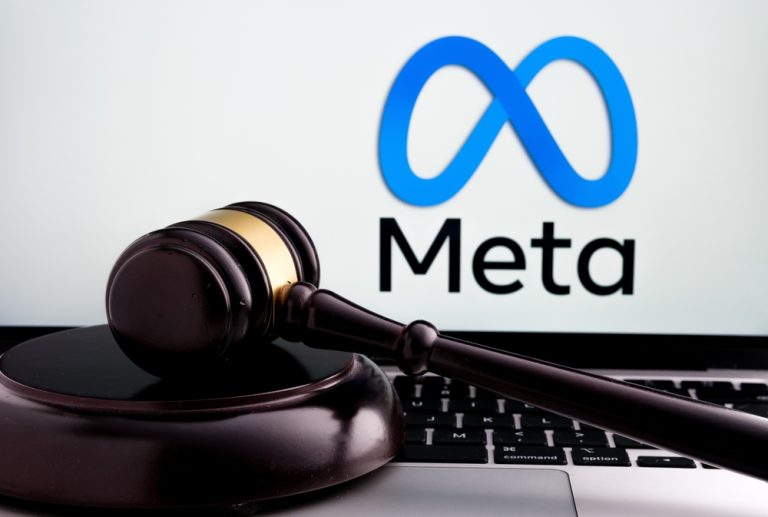Pennsylvania attorney Zachary Greenberg has taken his fight against a state professional conduct rule to the U.S. Supreme Court in a significant legal challenge that has drawn attention from the legal community. Representing the Foundation for Individual Rights and Expression, Greenberg contests a rule to curb harassment and discrimination among lawyers, arguing it infringes on constitutional free speech rights. The case has sparked a debate over the balance between professional conduct standards and First Amendment freedoms, as the 3rd Circuit U.S. Court of Appeals previously ruled that Greenberg lacked the standing to challenge the rule, asserting that it only targets intentional misconduct and does not apply to Greenberg’s work.
Greenberg’s challenge centers on a Pennsylvania rule inspired by an American Bar Association standard that prohibits attorneys from engaging in behaviour that constitutes harassment or discrimination on various grounds, including race, sex, and religion. Despite assurances from a Pennsylvania bar official that Greenberg would not be disciplined under this rule, the 3rd Circuit dismissed his concerns, stating that the rule “does not arguably prohibit anything Greenberg plans to do.” This dismissal prompted Greenberg to appeal to the Supreme Court, arguing, “Policy changes raising questions of mootness do not become matters of standing simply because the plaintiff revises his complaint to cover the new policy.”
The case has garnered support and criticism from various quarters, with the American Bar Association and other bar groups backing the rule, while conservative, religious, and civil rights organizations warn of its potential for misuse. The rule, first implemented in 2020 and later amended, was initially struck down by U.S. District Judge Chad Kenney as unconstitutional, only for the 3rd Circuit to reinstate it last year.
As the Supreme Court considers Greenberg’s petition, the legal community and advocates on both sides of the free speech debate watch closely. The outcome of this case could have far-reaching implications for the way professional conduct rules are crafted and enforced, potentially reshaping the boundaries between regulatory standards and individual rights within the legal profession.























+ There are no comments
Add yours